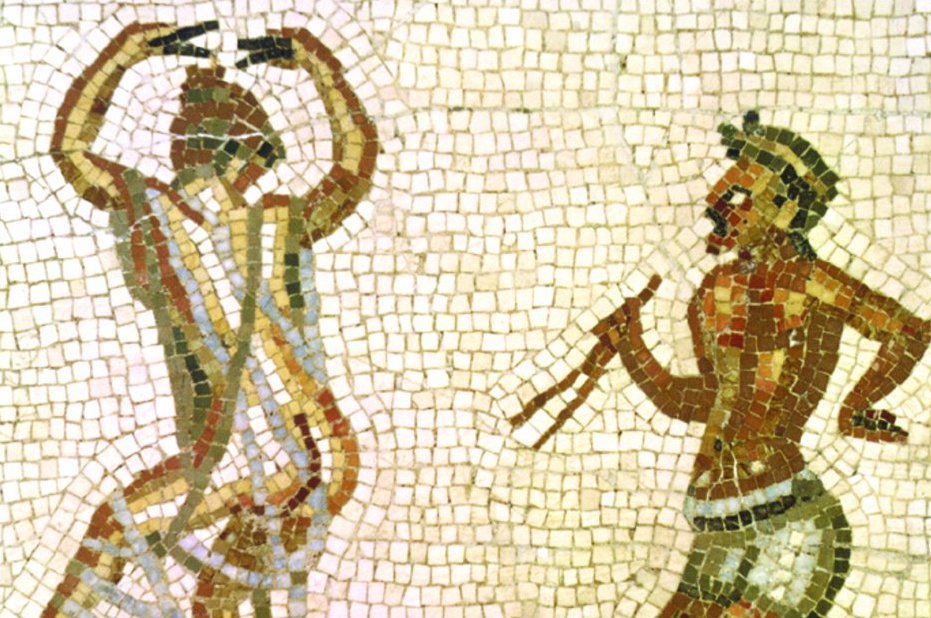Door to a Noisy Room
Peter Waldor
Alice James Books, $14.95 (paper)
Peter Waldor’s poems are concise, even abrupt. But as lyrical meditations on familial love, religious tales, and morality, they feel anchored to the page with stoic authority, as though no line of poetry ought ever venture farther than three inches. It is the terseness of his language that allows Waldor to move so fascinatingly from perception to perception, image to image, with a peculiar, plainspoken deliberateness. A typical poem, “Future,” reads in its entirety: “Poets will quit / before all talk vanishes. / The cabins will be built. // The fireplaces. / I’ll be long gone, / ripped apart. I hope // I get a hand on my heart, / so I can tear it out / and hold it like a sweet roll, // toss it to an enemy. / A river better jump / its bank for my head.” These lines, like many in the book, feel simultaneously cryptic and munificent, obscure and humane. It is rarely easy to anticipate the movement of Waldor’s mind down the page. The reader must learn to forfeit expectation and simply tune in, like listening to a koan, as with these last lines from “Handshake”: “Once, my father surprised / me by shaking my hand. / Once, he spilled a basket / of peaches into a stream.” These images do not seek to explain the internal experience of a relationship, but instead sketch out one aspect of the potency of filial memory. The wisdom here is a private wisdom, offered to us without force, an invitation to consider in solitude. If Waldor’s characteristic brevity limits these poems, it may only be in their music: the same staccato rhythms that focus the reader’s meditation also risk a lulling monotony when consistently presented throughout a book. Ultimately, however, these poems generously reward the concentration their language demands. Waldor asks us to listen to the noisy world as he hears it, and he opens our ears.








